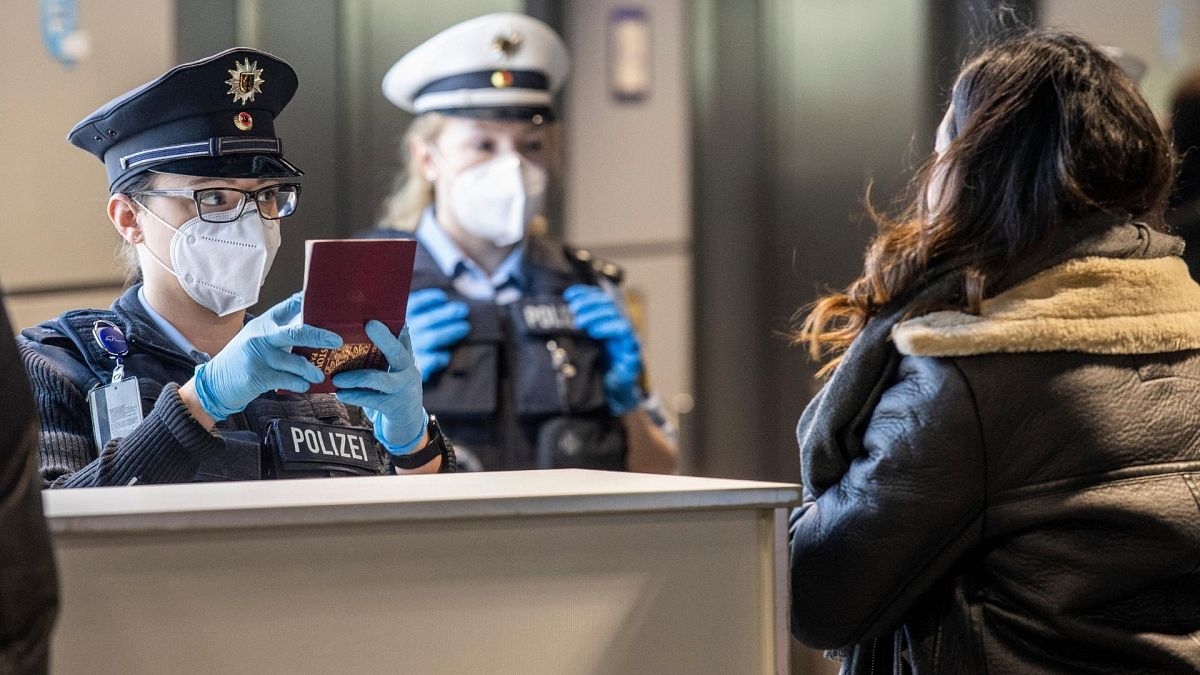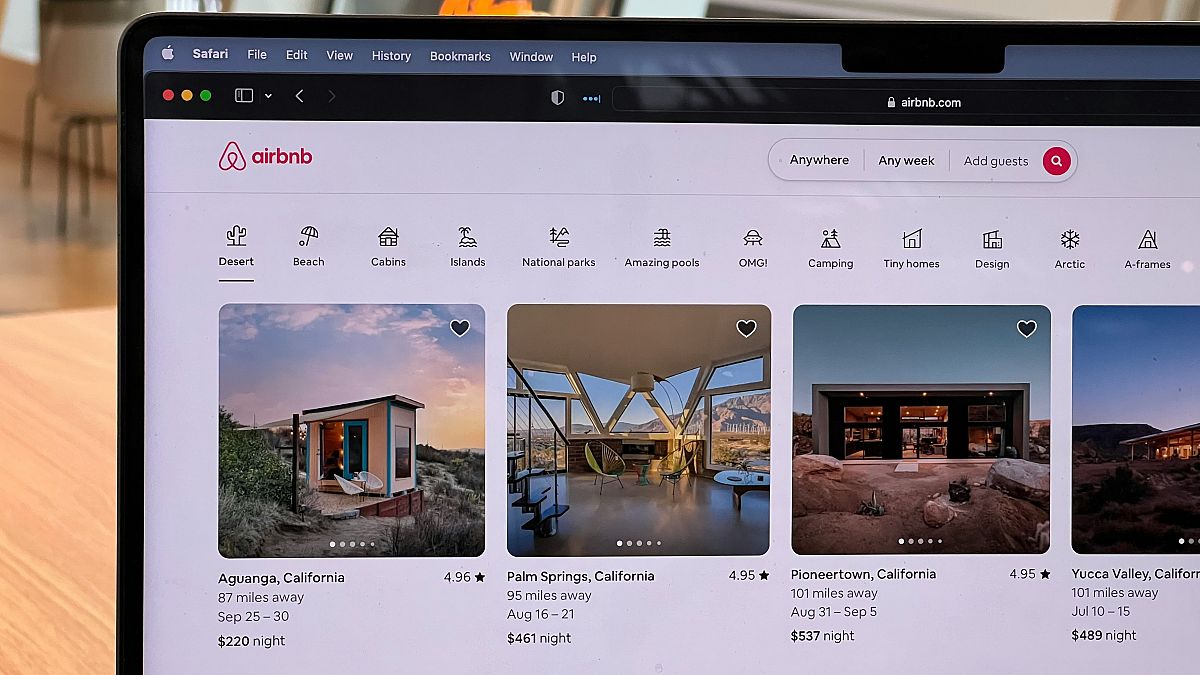Confusion over UK passport rules recently saw a passenger wrongly denied boarding.
It’s close to five years since Britain left the EU but many UK travellers are still being tripped up by the passport validity rules that came into force since Brexit.
Last summer, hundreds of travellers were caught out when immigration officials told them they didn’t have enough months left on their passport. Long-awaited holidays were ruined when they were told they weren’t allowed on the plane or train.
Now, confusion over the rules is still seeing passengers denied boarding – sometimes wrongly.
Yesterday, UK newspaper The Independent reported that a British citizen heading to Spain to celebrate his retirement was turned away by British Airways when trying to check in for his flight at Gatwick Airport.
Staff said that his passport was no longer valid for the EU as there was less than three months left until the 10th anniversary of its issue date.
As his passport was valid beyond the 10 year mark, BA has since acknowledged that this was an error and the passenger will be entitled to compensation for missing his trip.
To make sure you don’t get caught out here’s everything you need to know about the new rules – and whether or not you can still use your current passport.
What are the passport rules for Brits travelling to Europe?
You might assume that your passport is valid up to the expiry date. But this isn’t always the case.
Before Brexit, Brits could travel up to and including the expiry date on their passports. But EU regulations now classify UK citizens as ‘third country nationals,’ meaning the rules have changed.
If a UK passport holder wants to visit the EU, they will need a passport:
- which is not older than 10 years on the day of outbound travel to the EU.
- is valid for at least three months after the date you plan to leave the EU country you are visiting – read on for UK government advice on this.
These requirements apply to the whole Schengen area, which includes most EU countries plus Switzerland, Norway, and Iceland.
Though British citizens can enter the Schengen area with three months of validity on their passports plus the length of their trip, the UK government recommends that they have six months validity.
This allows a passport holder to travel for 90 days (the maximum number of visa free days a UK citizen can visit Europe in a six month period) and still exit with a valid passport.
What are the passport requirements for Brits travelling outside the EU?
Outside of the EU, passport requirements can be even stricter.
Some countries – including many in Asia and Africa – require UK citizens to have six months of validity on their passports from the date of departure. China, Singapore, and Egypt fall into this category.
In other countries, the rules are far more relaxed. In Japan, Mexico, and Australia, for example, your passport only needs to be valid for the duration of your stay.
Check the specific requirements on the UK Foreign Office website.
What are the rules on passport validity for other nationalities entering the UK?
When coming into the UK, on any passport or ID card, the rules are less strict. The UK government website states that your passport or ID card must simply be valid ‘for the whole of your stay’.
You can check which documents will allow you to enter the UK based on your nationality here.
How long does it take to get a new passport?
If your passport is edging close to the expiry date, you may want to get an application for a new one in quick.
The UK Home office says you should allow 10 weeks to get a new passport, though the waiting time is currently around three weeks on average.
In busy periods, however, hundreds of thousands of people have been forced to wait much longer.
In summer 2022, which was plagued by delays following COVID, frustrated applicants took to social media to share horror stories of lengthy queues and months-long delays.
“After a long wait [and a] failed attempt to renew UK passport from Aus, son applied from UK, been waiting 14 weeks, missed his trip,” user Julie Wilson posted.
“Please prioritise this! Was told by your staff to stop telephoning as this will only delay the issue!”
Over the past year, the situation seems to have improved. Between October 2023 and May 2024, 98.5 per cent of customers either received their passport or were contacted for further information within three weeks of applying, the Home Office reported.
Read the full article here
















